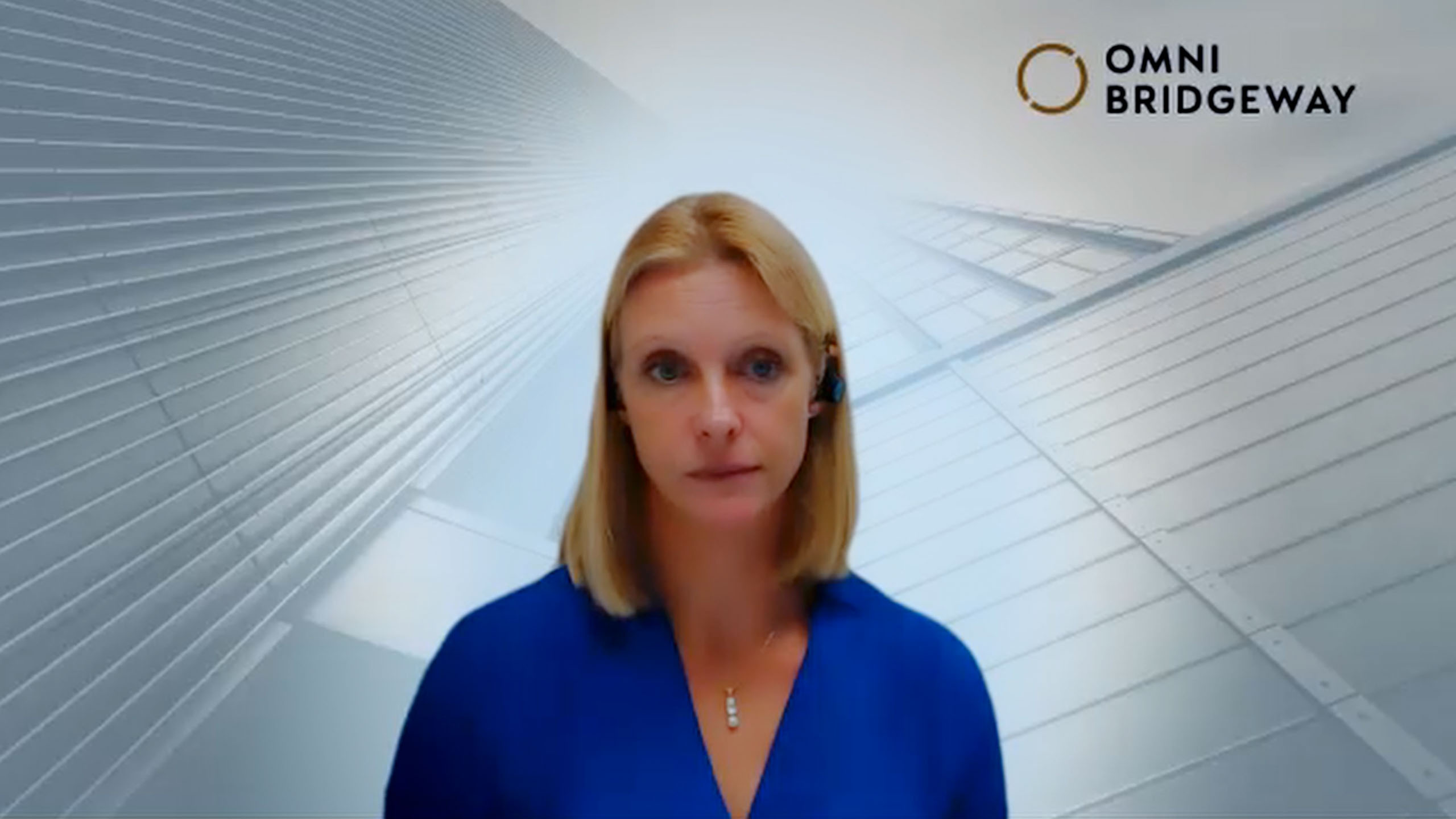
Responsibilities
Investment Manager at Omni Bridgeway
inpractise.com/articles/law-firm-funder-role
Why is this interview interesting?
- How the role and responsibilities are split and aligned with funders and lawyers
Ruth Stackpool-Moore
Investment Manager at Omni Bridgeway
Interview Transcript
Going back to my example, I’m the law firm and I work with you, at Omni. What is really my expertise in this? If I’m running the case, where does the expertise lie between Omni and a law firm?
It’s really a collaboration. We will only fund cases that we think have an experienced legal team running them. The day to day issues, such as the writing of correspondence, the making of submissions, the appearance in court, are all done by the law firm. We don’t do that; we don’t purport to do that. While we have, mostly, all done that in the past, we fully recognize that that is not our day job anymore and it’s not our current experience. All of that expertise has to come with the firm. If we don’t think that they have that, we won’t fund a case, even if we think the merits and the economics are strong.
We think of ourselves as a strategic partner. We are looking to collaborate with the law firm, to provide useful input. Ultimately, we’re not doing the day to day work; we’re not directing how the case is going to unfold. That stays, very much, with the law firm.
From their perspective and what added value we provide, I do think they value the strategic input that we can bring. It’s not necessarily challenging to their expertise; it helps to augment it, so that we have the strongest and best team, going forward. Also from their perspective, I think it can be very helpful, particularly at stages where pleadings might be going to be filed or other steps being taken, because we are not involved in the day to day, we have a slightly more independent birds eye view of the case. When we read pleadings, for example, we’re looking at it more from the way an arbitrator or a judge might look at it. By being a bit less engaged on the day to day, we can take a more global view of what’s being argued or how it is being presented.
What about the US, where the law firm can take a stake in the claim? Is that a different dynamic?
I think the dynamic is, ultimately, the same, except that often, the law firm has the added motivation that their recovery is also dependent on success. For us, the working relationship between us and the law firm can be better when all of our interests are aligned. In cases where the law firm is being paid in any case, they might not necessarily assess the merits of the claim or how it’s progressing in quite as critical a manner as they would if it was their own recovery that was also on the line.
Just getting back to the essence of the relationship with the law firms, is it really the law firm that chooses Omni, the funder, or is it the client?
Ultimately, it’s the client. We sign the funding agreement with the client and they, obviously, have to agree to the commercial terms. In terms of who the client ends up speaking with, that might be directed by the law firm, in terms of which funders they know or they direct enquiries to. In some jurisdictions, there are brokers who might be approached and who will then approach different funders on behalf of the client or the firm, to try and get a funder involved. There are different ways that the client might end up speaking with different funders, which is jurisdictionally dependent and also relevant to local knowledge.
Copyright Notice
This document may not be reproduced, distributed, or transmitted in any form or by any means including resale of any part, unauthorised distribution to a third party or other electronic methods, without the prior written permission of IP 1 Ltd.
IP 1 Ltd, trading as In Practise (herein referred to as "IP") is a company registered in England and Wales and is not a registered investment advisor or broker-dealer, and is not licensed nor qualified to provide investment advice.
In Practise reserves all copyright, intellectual and other property rights in the Content. The information published in this transcript (“Content”) is for information purposes only and should not be used as the sole basis for making any investment decision. Information provided by IP is to be used as an educational tool and nothing in this Content shall be construed as an offer, recommendation or solicitation regarding any financial product, service or management of investments or securities.
© 2026 IP 1 Ltd. All rights reserved.


